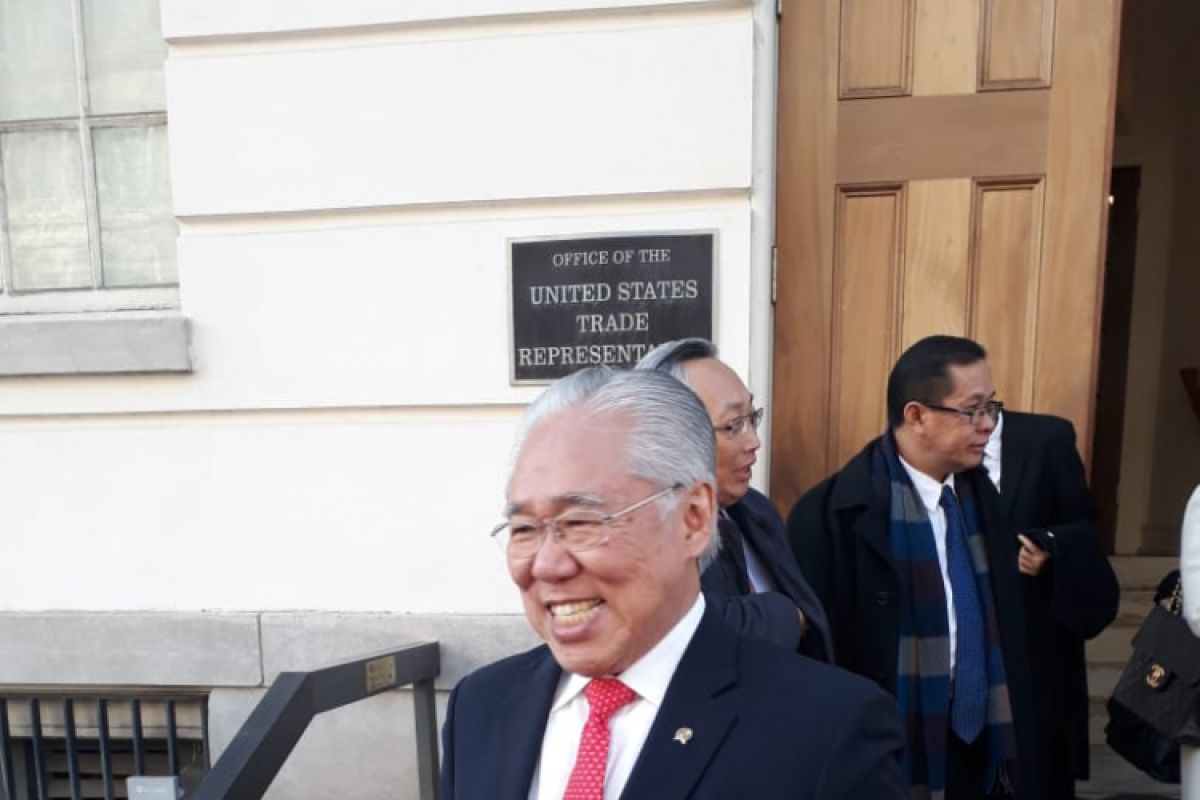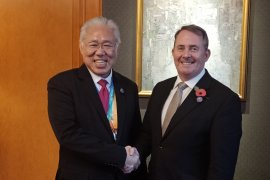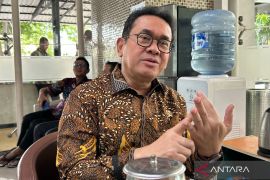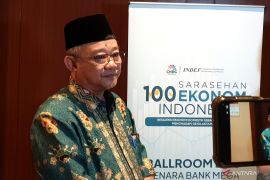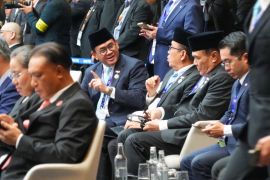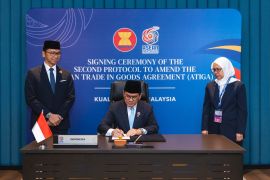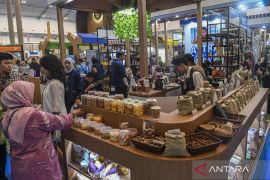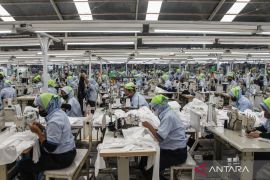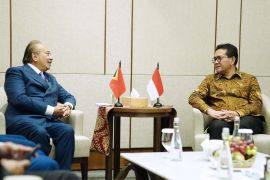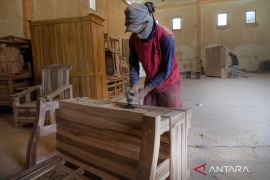"If we see the import growth, the increased non-oil and gas imports were more due to capital goods and raw materials," Lukita noted here on Tuesday.
The inflow of capital goods and raw materials, in fact, indicated development and investment in the country, he remarked.
He said the government is keen to expand the country`s access to non-traditional markets to increase exports, taking into account the global economic slowdown during the 2016-2018 period and the gloomy projection of the world economic growth in 2019 according to the World Bank and the International Monetary Fund.
Coordinating Minister for Economic Affairs Darmin Nasution had earlier warned of the need to boost non-oil and gas exports to avoid a higher trade deficit.
"What we need to do is to boost non-oil and gas exports," Nasution suggested.
The government has taken necessary measures to increase exports, especially to non-traditional markets, such as Africa.
Indonesia`s trade deficit last year had reached a record high of US$8.57 billion since 1975, according to the Central Statistics Agency (BPS).
"The deficit was majorly caused by the oil and gas trade deficit of $12.4 billion, while the non-oil/non-gas trade recorded a surplus of $4.8 billion," BPS Chief Suharyanto stated here on Tuesday.
He said crude oil imports, which contributed $4.04 billion to the deficit, should draw serious attention.
Reporting by M Razi Rahman, Sri Haryati
Reporter: Antara
Editor: Sri Haryati
Copyright © ANTARA 2019
